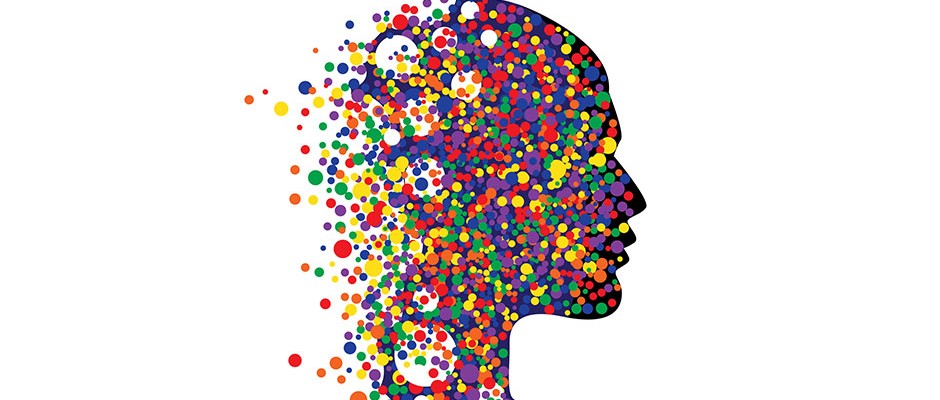It can be difficult to tell if this intense sadness you’re feeling is just that, sadness, or if it is something bigger and you should look into support for depression.
A way to look at it is, if sadness is a cold, depression is a serious flu. They might look similar from a distance, but they’re actually quite different up close[1]. Sadness is a response to a particular situation but depression throws itself over every situation.
Mild and moderate depression are the most common types of depression. More than simply feeling blue, the symptoms of mild depression can interfere with your daily life, robbing you of joy and motivation. Those symptoms become amplified in moderate depression and can lead to a decline in confidence and self-esteem[2].
Depression can feel like your body is shutting down. It’s not just a low mood but being unable to enjoy almost anything in your life. You might lose or gain weight, have difficulty sleeping (or even over-sleeping), experience extreme fatigue and have difficulty concentrating or making decisions[3].
Another key difference is how depression turns you against yourself in a way that sadness doesn’t. Depression makes you become very self-critical, even convincing you that you’re worthless. The pain that comes with this, when combined with the belief that the future holds no hope for improvement, can lead to thoughts that life isn’t worth living[4].
The DSM-5, the manual used by psychologists to diagnose mental health and psychological problems, states that to be diagnosed with depression a person needs to feel 5 or more of the following symptoms continuously in the same 2-week period:
- A depressed or irritable mood most of the time.
- A loss or decrease of pleasure or interest in most activities, including ones that had been interesting or pleasurable previously.
- Significant changes in weight or appetite.
- Disturbances in falling asleep or sleeping too much.
- Feeling slowed down in your movements or restless most days.
- Feeling tired, sluggish, and having low energy most days.
- Having feelings of worthlessness or excessive guilt most days.
- Experiencing problems with thinking, focus, concentration, creativity and the ability to make decisions most days.
- Having thoughts of dying or suicide[5].
Looking at those symptom may help to tell that the sadness you feel for 3 days following a fight with your best friend, is not to the same extent of clinically diagnosed depression.
Although, if you are feeling these symptoms do not disregard them or play them off as sadness. Seek some support and clarification to find your way through it.
So to sum up, if you are feeling a bit sad but you may know what triggered it and even though you are sad you can still get through your day, you are probably not suffering from a depression disorder. But if you have little to no motivation, the sadness is consuming everything and it is ongoing, there is a good chance you may be suffering from depression, in which case seeking support is invaluable.
If you would like to contact one of our Therapists to book in a chat, please call Mindwise on (02) 8733 3169 or 0477 118 184 for all bookings and enquiries.
[1] https://www.beyondblue.org.au/personal-best/pillar/in-focus/depression-vs-sadness
[2] https://www.helpguide.org/articles/depression/depression-symptoms-and-warning-signs.htm
[3] https://www.beyondblue.org.au/personal-best/pillar/in-focus/depression-vs-sadness
[4] https://www.beyondblue.org.au/personal-best/pillar/in-focus/depression-vs-sadness
[5] https://www.ted.com/talks/guy_winch_why_we_all_need_to_practice_emotional_first_aid




